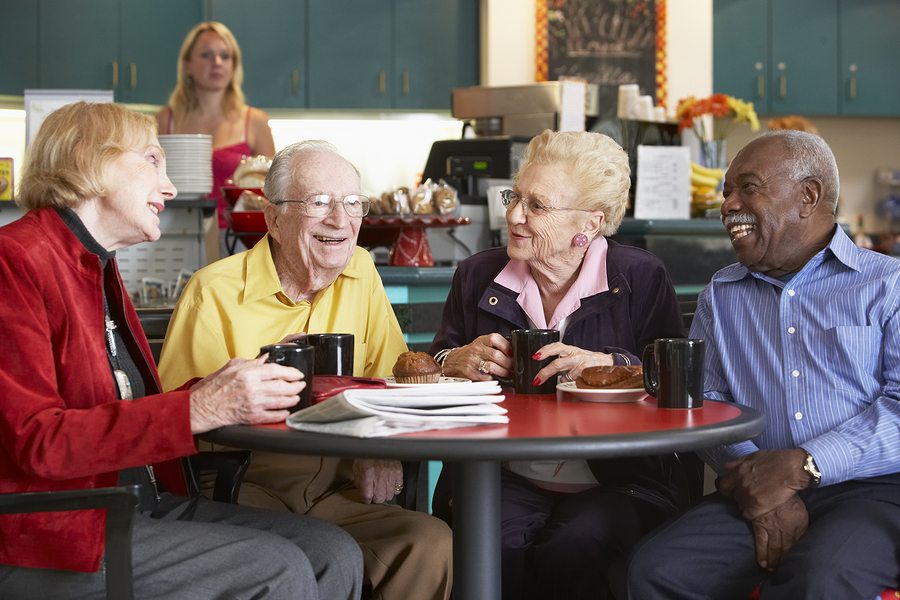During Hurricane Harvey thousands of rooftop evacuations were performed, some on live television. Those rescued took whatever they could grab and left the rest behind. In the chaos of the storm, this often meant prescription medications. Those living in hurricane-affected areas may one day be the person rescued. Prepare with a plan to get emergency prescription medication.
Texas law permits pharmacists to dispense 30-day supplies of medicine in case of emergency. In the aftermath of Harvey, local and federal responders created mobile medical facilities for dispensing medications and limited care to affected communities. These operate within the worst-hit areas, and outside offering care to stranded motorists and other evacuees. The American Red Cross is also an active participant in disaster-relief efforts, creating access to prescriptions through a network of volunteer medical staff.
Inspect all medication for water or other damage. Medications can become hazardous if exposed to water and other elements. Consult a professional for advice on questionable medications.
In Hurricane Harvey, floodwaters rose quickly. Many were caught off-guard due to controlled flooding and rapid rainfall. Plan ahead with a list of resources for obtaining medical care and prescription drugs during an emergency:
- Community centers and designated storm shelters often have charity and medical staff on-site. They are authorized for dispensing prescription medication and immediate medical care.
- RxOpen.org lists American Red Cross shelters and pharmacies in the are. Maps are available with updated open/closed status for each pharmacy listed.
- The National Cancer Institute offers direction for locating cancer treatment care during emergencies. For more information visit Cancer.gov or call 1-800-4CANCER.
- Medicare recipients can call 1-800-MEDICARE for information on prescription drug access, dialysis, and other medical needs
Storms form quickly and can be unpredictable. Prepare ahead of time. Plan for medical care during an emergency and never miss a dose. Our insurance agents are always on the lookout for great topics to help save money and live better. Call anytime for answers for an insurance quote, or answers to insurance questions.


